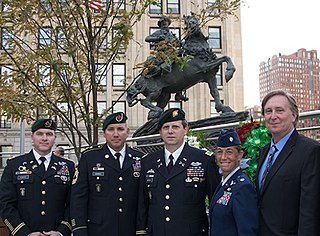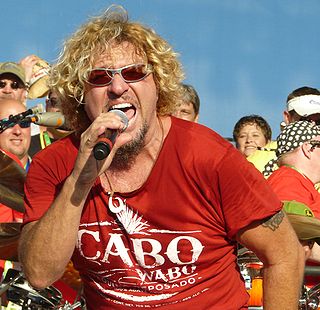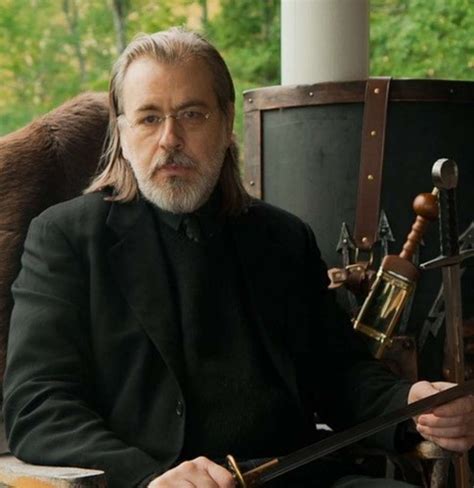A Quote by Lady Colin Campbell
If you know anything about writing biographies, or what is regarded as a good biography, you have minimum input from the person you are writing about.
Related Quotes
That's one thing brands are understanding is, I'm the blogger who's not writing about fashion. I'm not writing about beauty. I'm not writing about gossip. I'm not writing about politics. I'm writing about all of that. I'm the person they can come to if they just want to reach people who care and have their fingers on pop culture.
Writing fiction is very different to writing non-fiction. I love writing novels, but on history books, like my biographies of Stalin or Catherine the Great or Jerusalem, I spend endless hours doing vast amounts of research. But it ends up being based on the same principle as all writing about people: and that is curiosity!
The secret to writing is writing. Lots of people I know talk about writing. They will tell me about the book they are going to write, or are thinking about writing, or may write some day in the future. And I know they will never do it. If someone is serious about writing, then they will sit down every day and put some words down on paper.
I don't know enough about the lower classes to write about them. I don't feel with them, and that could be regarded as a defect, a limitation of my imagination. I could put myself in their position, but not politically. The idea of writing a story or a book about somebody completely devoid of appreciation of anything I care about is completely foreign to me.
I often tell people who want to write historical fiction: don't read all that much about the period you're writing about; read things from the period that you're writing about. There's a tendency to stoke up on a lot of biography and a lot of history, and not to actually get back to the original sources.





































